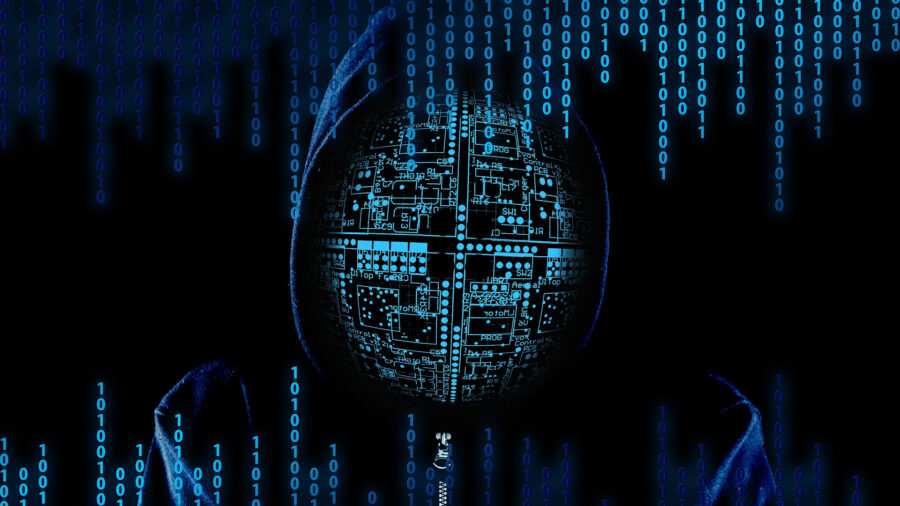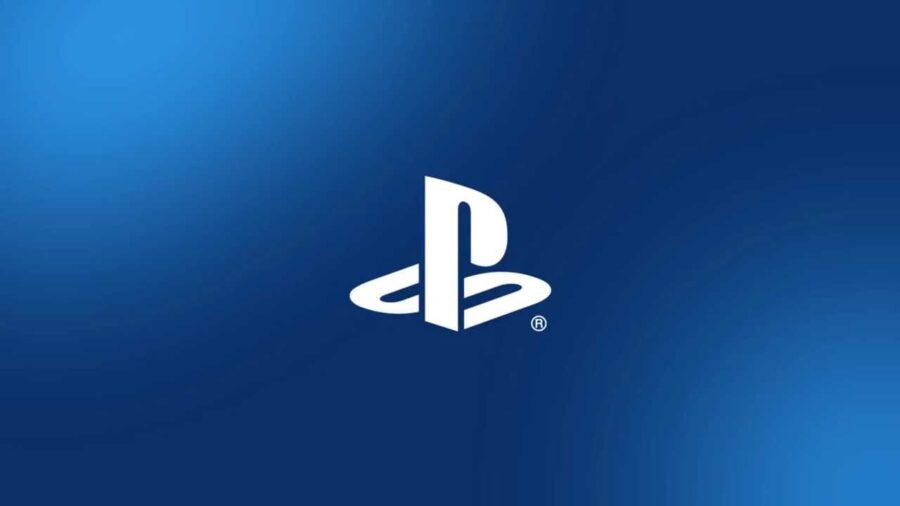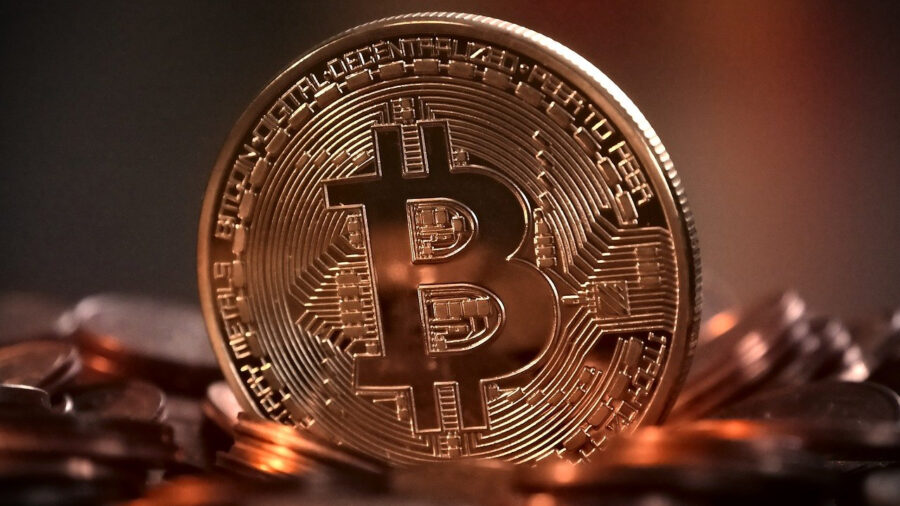Free Games Revealed To Have Viruses Hidden By Hackers
A number of free games have been used to hide malicious viruses.
This article is more than 2 years old

The hackers of the past were trying to install malware through illegally downloaded software or content, with the end goal of stealing personal data for nefarious purposes. However, modern hackers have evolved and learned to think big, as they steal data from large corporations and only “borrow” the processing power of the little man’s computer. In their latest scheme, revealed by security experts, hackers have infected over 200 thousand computers with crypto mining malware by using free games.
According to IGN, sourcing from a BCC News report, hackers are releasing free copies of AAA games like Grand Theft Auto, NBA 2K, and Pro Evolution Soccer, laced with crypto mining malware called Crackintosh. This potentially devastating malware in thse free games allows hackers to infect a computer and use gamers’ gaming rigs for mining a specific cryptocurrency, called Monero, without the user’s knowledge – and the cybercriminals have already successfully harvested more than $2 million in said cryptocurrency.
But why would hackers target video games instead of using other means to gain access to a PC? The answer lies in the PC’s processing power. Mining cryptocurrencies requires powerful hardware, and the local post office’s PC simply isn’t powerful enough for effective mining, which is why office-based generic-hardware PCs usually aren’t targeted. On the other hand, gaming PCs feature incredibly powerful hardware with incredible processing capabilities, making them perfect candidates for the job. And what better way to distribute malware to powerful gaming PCs than through pirated AAA software and free games? Well played, hackers.

But gamers looking for free games aren’t the only ones being targeted. Several high-profile gaming and tech companies, like Sony and Capcom, were also targeted by hackers. The repercussions of these data breaches resulted in thousands of banned PS3 consoles, and in Capcom’s case, it unearthed the game developer’s illegal digital art acquisitions, which resulted in a lawsuit.
So it was pretty well played that their affair with these free games wasn’t noticed until just recently; the system was discovered by a team of researchers at Avast, a software security company. According to them, the downloads of “cracked” software, in this case, video games, have spread the malware so much that there are approximately 800 new cases per day. Furthermore, the company stated that at least 200 thousand computers have been affected by the malware, with the numbers rising.
Once installed, Crackintosh will use the PC’s processing power to harvest Monero, severely impacting the computer’s performance. Additionally, the malware’s been coded in such a manner that it protects itself from detection by Windows Updates, Windows Defender, or other security software, making it virtually undetectable, and thus, hardly removable. Finally, having this malware running rampant on a computer might wear out its components through overuse and even increase the user’s electricity bill.

Monero, created in 2017, is a privacy coin (cryptocurrency) that is often used by cybercriminals because it’s much more difficult to trace than other cryptocurrencies, like BitCoin, which is currently losing value because of China’s cryptocurrency ban. Regardless, there’s a lesson to be learned here: “The key take-away from this is that you really can’t get something for nothing, and when you try to steal software, odds are someone is trying to steal from you,” said people at Avast.












